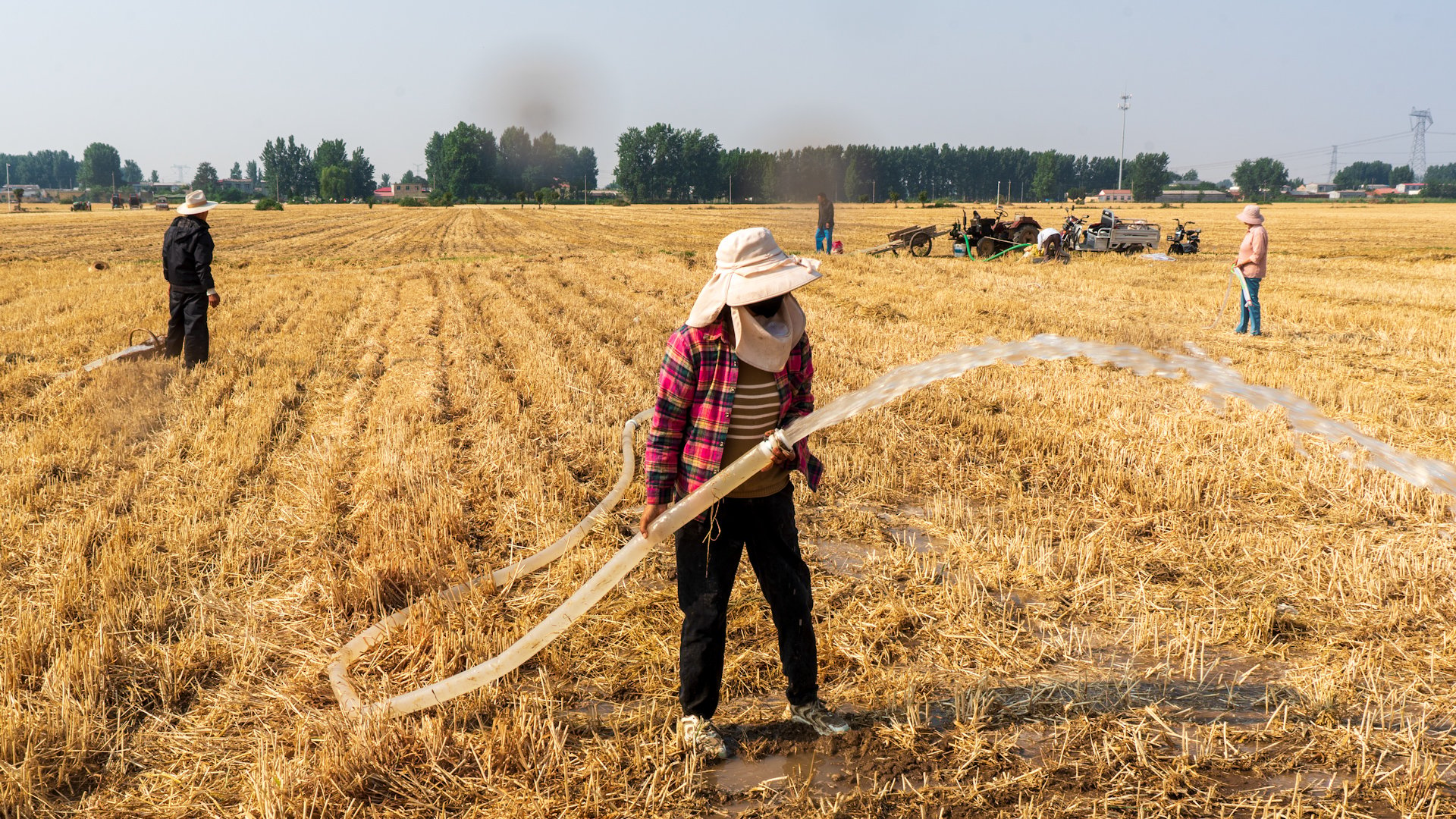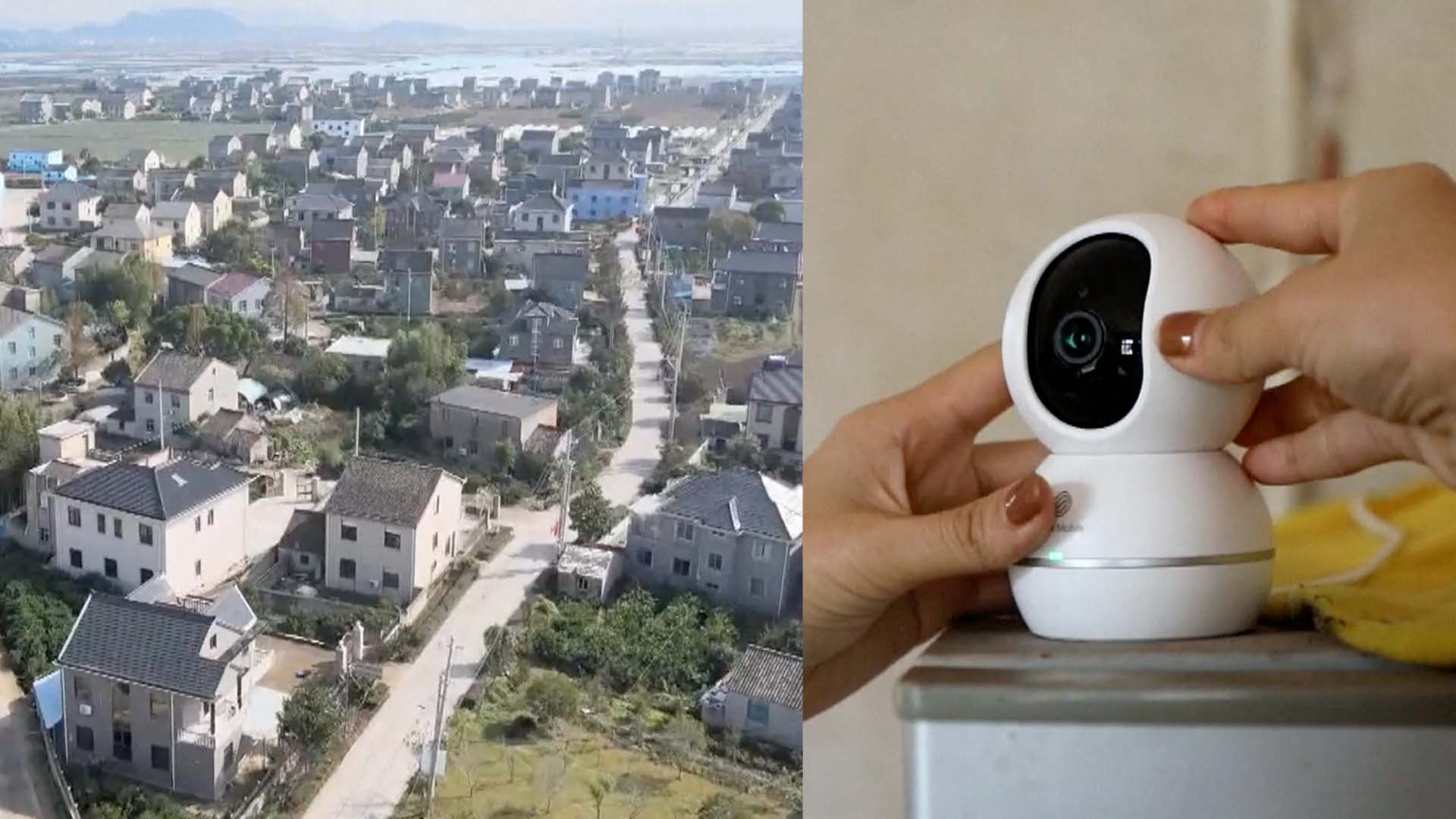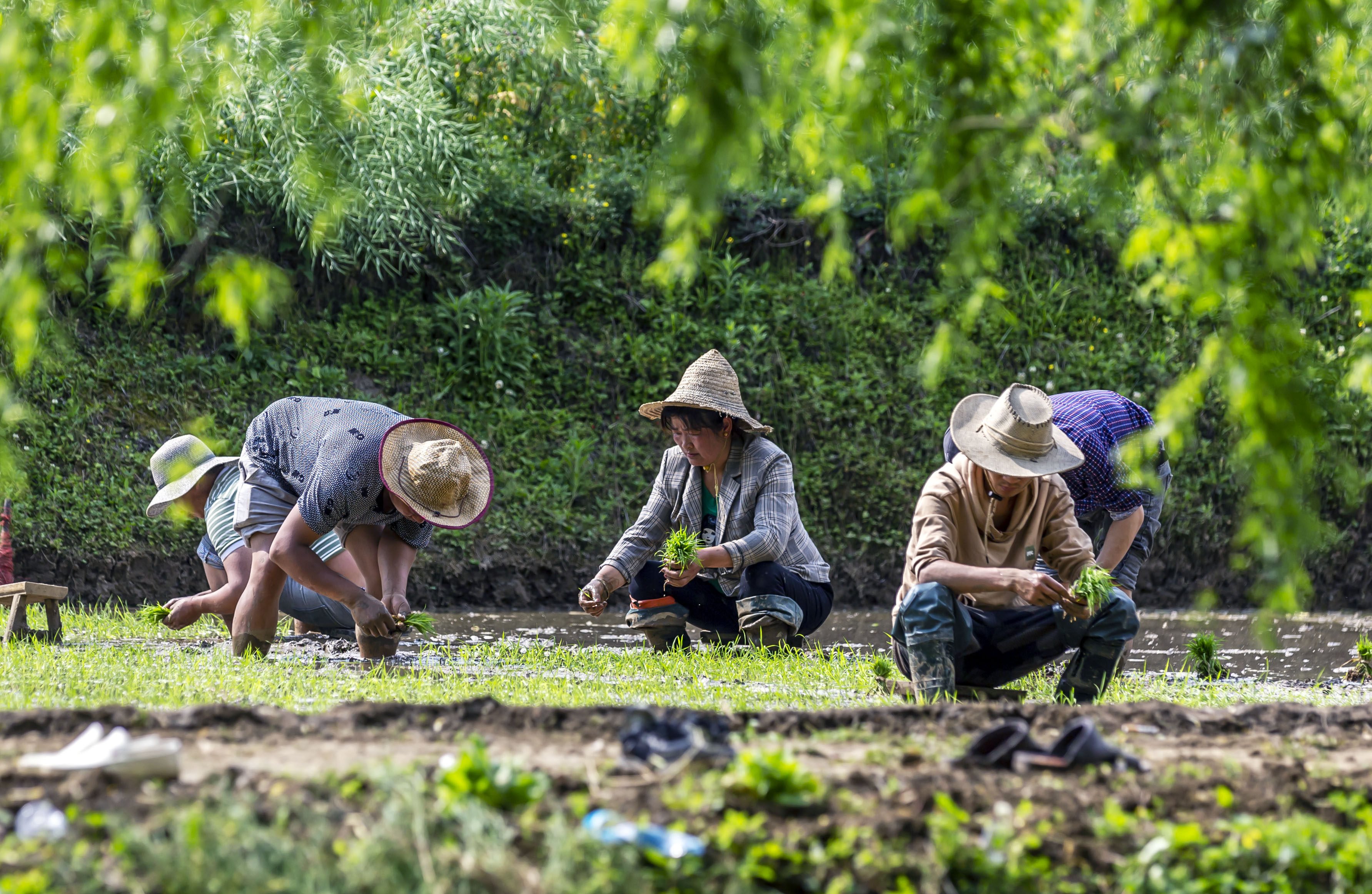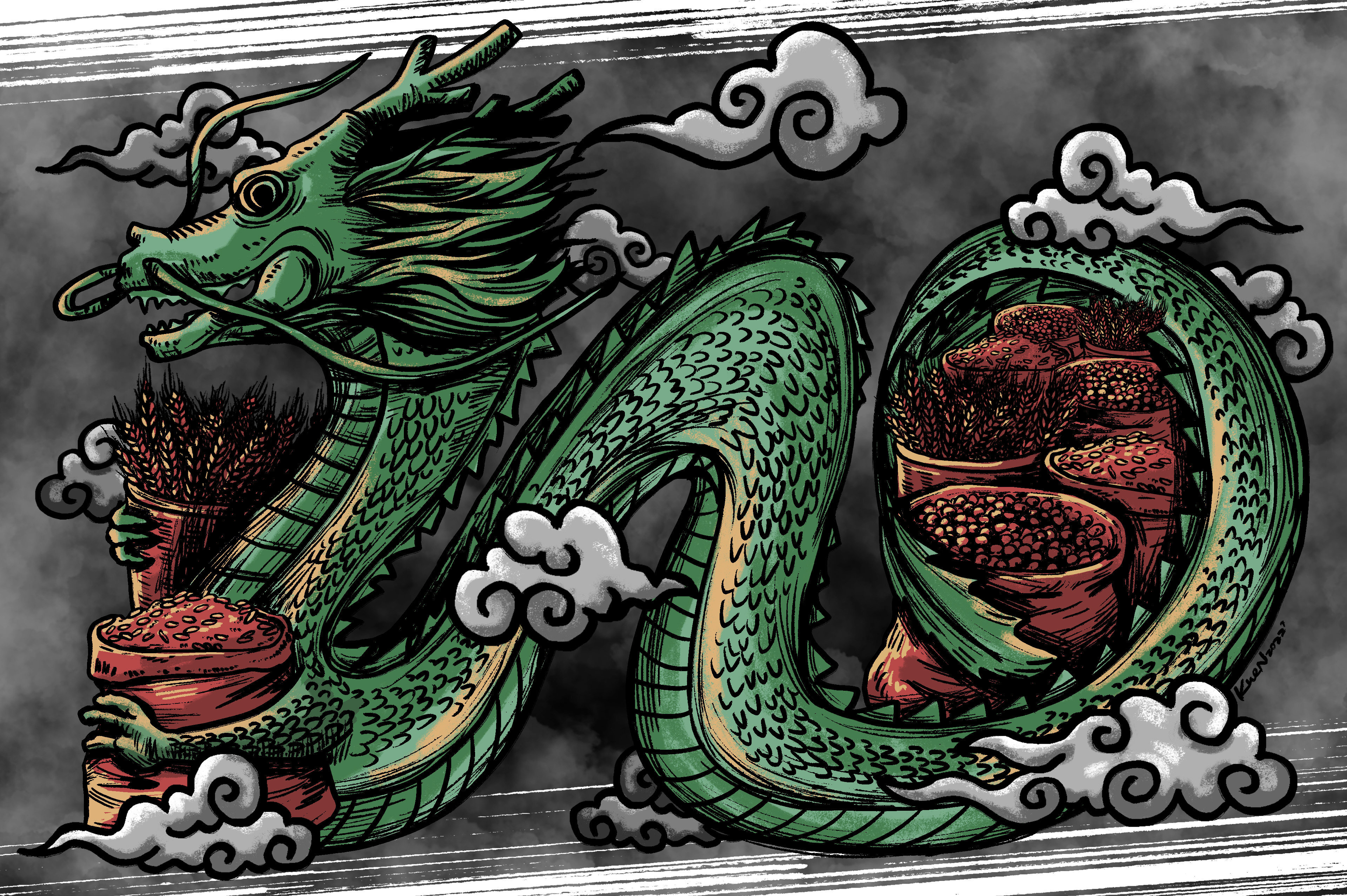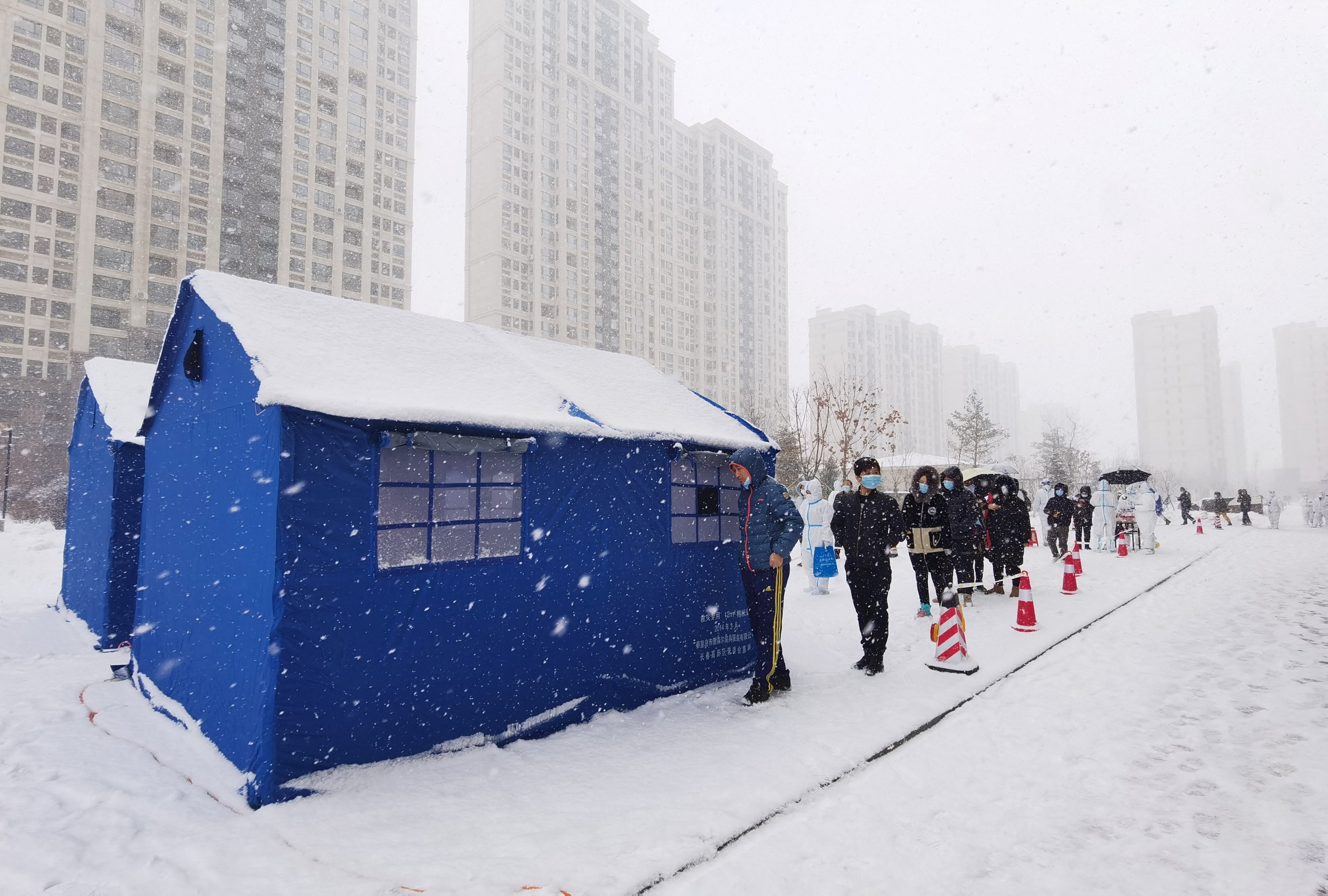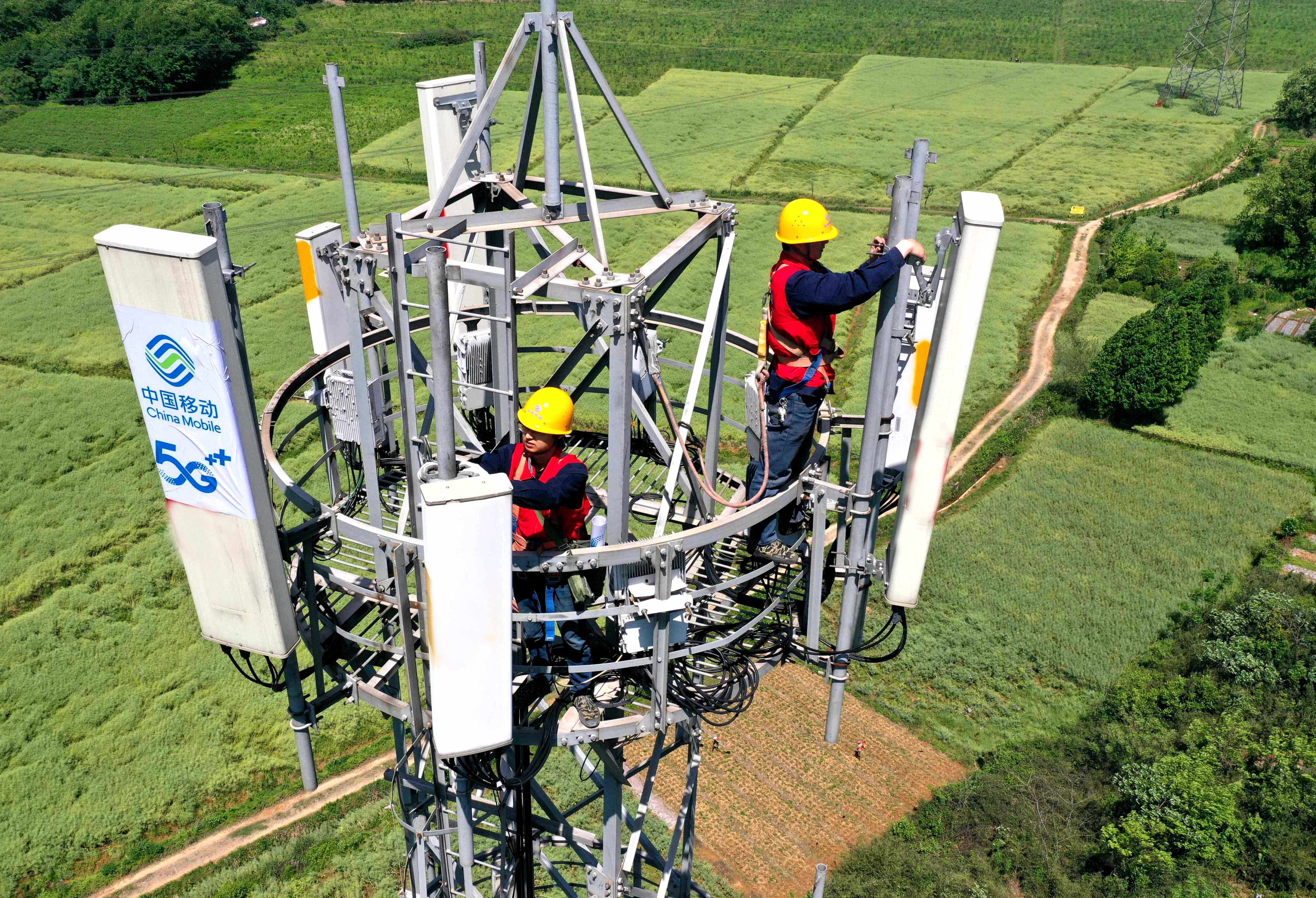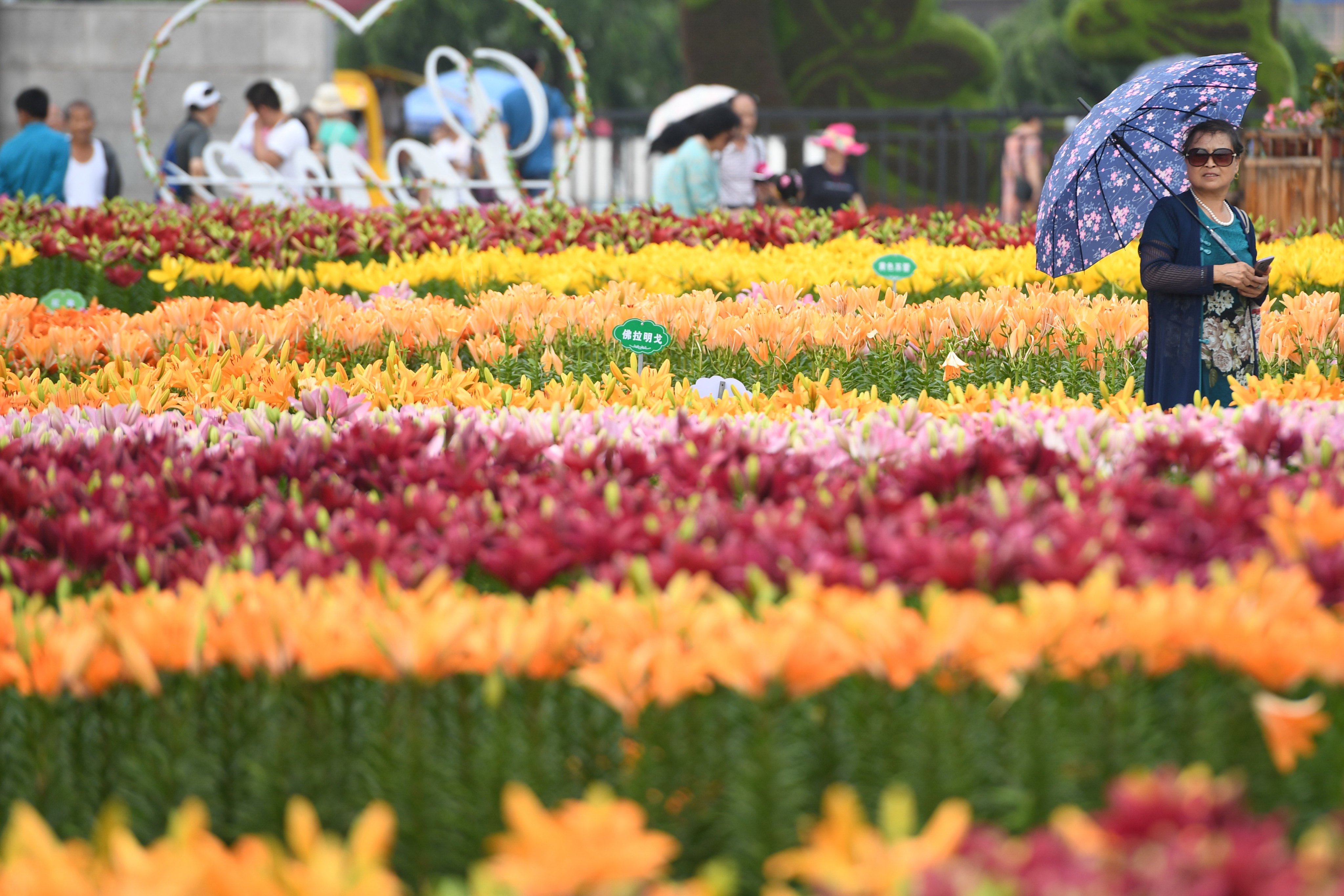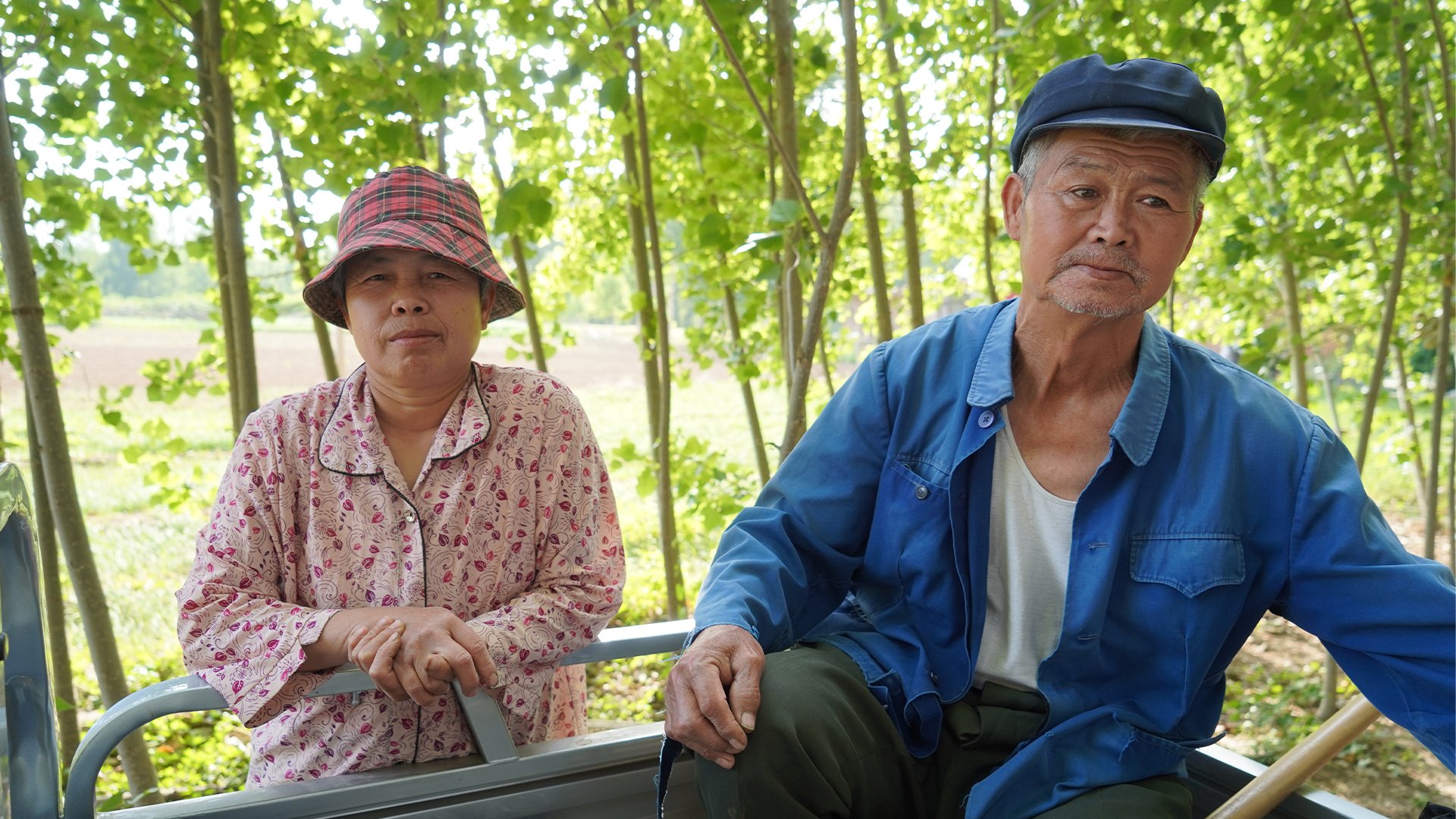Advertisement
Advertisement
TOPIC
Chinese farmers
Chinese farmers
The latest news, analysis and opinion on Chinese farmers. In-depth analysis, industry insights and expert opinion.
Help preserve 120 years of quality journalism.
SUPPORT NOWAdvertisement
Advertisement
Advertisement
Advertisement
Advertisement
Advertisement
Advertisement
Advertisement
Advertisement
